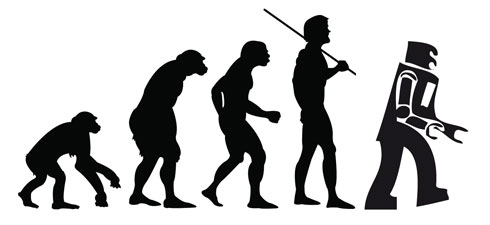The global imagery of capitalist plenty has long ago been usurped, not only by other visions of an earthly paradise, but also other versions of prosperity. Capitalist ideology has ceased to be abstract theory and is made tangible in every object of desire set before us. At the same time, in this promiscuous spillage of commodities, a whole moral universe is implicit.
Puritans and moralists sometimes identify consumerism, the bonus culture, the acquisitive society, live-now-pay-later philosophy as "greed". But these, like all other sins and vices, have been recast by the altered moral order. Many of what were regarded as human failings have been transformed into economic virtues. Covetousness has become ambition, envy now reappears as a manifestation of a healthy competitive spirit, gluttony is only a natural desire for more and lust a necessary expression of our deepest human reality. Temptation is no longer an impulse to be resisted: it is our duty to yield to it in the name of that most exalted of purposes, "consumer confidence". Read full article in the Guardian...
G20
World government under construction
As it meets for the third time in a year marked by a global economic crisis, the G20 is increasingly viewed as "the new forum for world government," writes Nicolas Tenzer, chairman of the think tank, I-défi-E (Initiative for the development of French expertise in Europe and abroad) in the columns of Le Figaro. Since its launch 10 years ago, the G20 has certainly overtaken the G7-G8 as the most credible agency for dealing with global economic issues. But "it is by no means perfect, nor has it the capacity to resolve all of the world's problems," warns Nicolas Tenzer. It remains an informal organization, which does not pay sufficient attention to the interests of developing countries — and it has yet to find "a magical solution" to overcome the problem of rivalry motivated by national interests. Until the G20 is backed up by "mirror structures" in international financial organizations — specifically in the IMF and the World Bank — it will continue to make "reasonable progress," but is unlikely to provide the venue for "a revolutionary breakthrough."
Was this article useful? If so we are delighted!
It is freely available because we believe that the right to free and independent information is essential for democracy. But this right is not guaranteed forever, and independence comes at a cost. We need your support in order to continue publishing independent, multilingual news for all Europeans.
Discover our subscription offers and their exclusive benefits and become a member of our community now!












